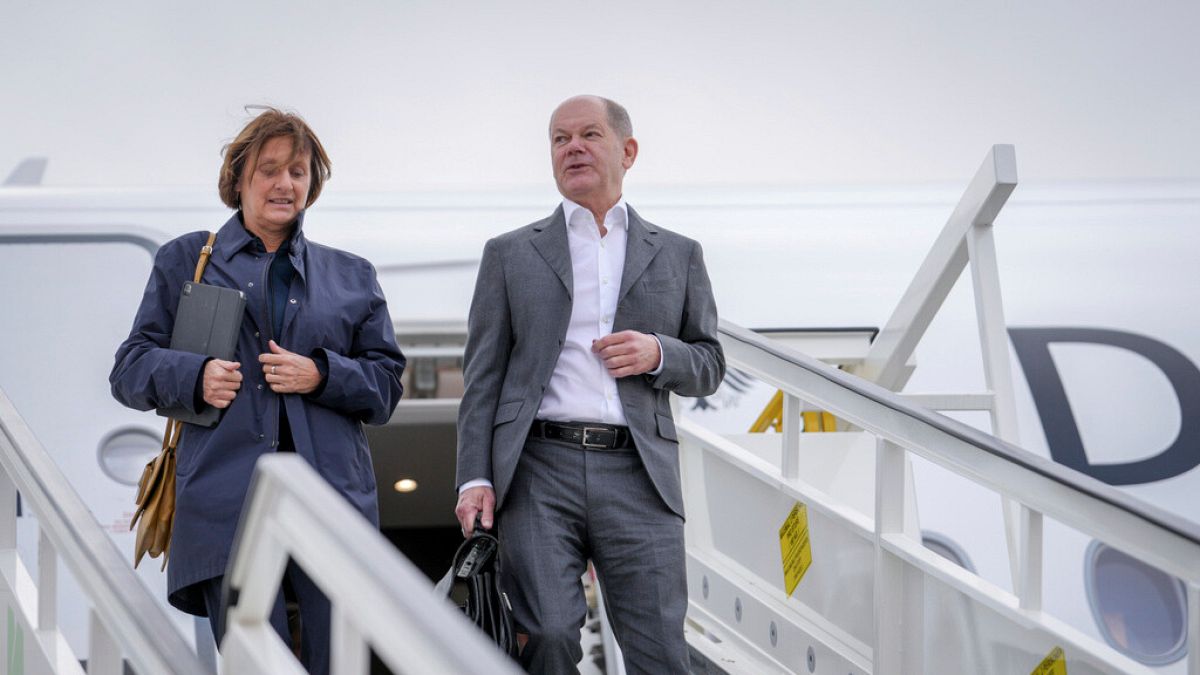It’s been two years since the passing of Queen Elizabeth II, and many are left wondering about the current state of the British Royal Family.
The sentiment seems to echo a familiar feeling—like when your favorite TV show undergoes a cast change, leaving you longing for the original magic.
The Royal Family, once a source of intrigue and admiration, now feels like a shadow of its former self.
Reflecting on the early days of reality TV shows like “The Only Way Is Essex,” one can’t help but notice how excitement has waned over time.
Back in 2010, viewers were glued to their screens, eager to unravel the latest twists and turns.
Fast forward to now, and it’s hard not to feel disenchanted with the Royal Family’s attempts to remain relevant.
Health scares, sudden disappearances, and staged appearances do little to rekindle that initial spark.
The public’s frustration is palpable, especially with the recent drama surrounding Prince Harry and Meghan Markle.
Critics argue that the Royal Family is desperately trying to stir up controversy to divert attention from their own shortcomings.
It’s almost as if they’re playing a game, hoping to provoke outrage to distract from their dwindling appeal.
But this strategy seems to be backfiring, as many are growing tired of the antics.
A recent article in The Telegraph stirred considerable backlash.
It suggested that while ordinary people bravely face health challenges, Catherine, Princess of Wales, was somehow heroic for merely showing up in public.
This tone-deaf comparison did not sit well with the public, who see the royals as out-of-touch and privileged.
The hypocrisy of being labeled heroes while living off taxpayer money has left many feeling angry and betrayed.
This discontent is echoed by a commentator who captures the essence of public sentiment.
Their candid observations reveal a collective weariness with the Royal Family’s antics.
The narrative presented by the media often feels manipulated, with the names of Harry and Meghan thrown into the mix whenever the royals face scrutiny.
This tactic has become all too familiar and, frankly, quite transparent.
As the monarchy navigates these turbulent waters, it’s clear that the loss of Queen Elizabeth II has left a significant void.
Many believe her reign was a stabilizing force, one that the current generation of royals has yet to replicate.
Camilla, now referred to as Queen, struggles to gain the public’s affection, with many still unable to forgive her past actions related to Princess Diana.
Prince William, too, is under the microscope.
His attempts to address homelessness have been met with skepticism, especially given his background as a landlord.
Critics argue that real change requires genuine understanding and commitment, something that William seems to lack.
The disconnect between his royal duties and the realities faced by ordinary citizens has led to accusations of insincerity.
In discussions about the royals, it’s evident that the British public is no longer willing to accept the status quo.
Many are calling for accountability and authenticity, questioning the motives behind royal initiatives.
The recent surge in criticism highlights a growing awareness among the populace, who are no longer content to overlook the monarchy’s shortcomings.
Furthermore, the ongoing comparisons to Prince Harry and Meghan only amplify the scrutiny faced by the royals.
While the Sussexes have carved out a new life in the United States, their projects continue to garner positive attention.
The contrast between their approach to philanthropy and the perceived inaction of the royal family has not gone unnoticed.
As the monarchy grapples with its identity in a modern context, public sentiment continues to shift.
The once-unquestioned reverence for the royal institution is now clouded by doubts and criticisms.
With popularity ratings dipping below 50%, it’s clear that the royal family needs to reassess its strategy and reconnect with the people.
The legacy of Queen Elizabeth II serves as a stark reminder of what the monarchy could be—a beacon of stability and compassion.
Without a genuine effort to engage with the public and address pressing societal issues, the royal family risks becoming irrelevant.
As voices of dissent grow louder, it remains to be seen whether they will heed the call for change or continue down their current path.
In the end, the royal family’s future hinges on their ability to adapt and resonate with a society that is evolving.
The question remains: will they rise to the occasion or fade into obscurity?
The clock is ticking, and the public is watching closely.

